The Federal Aviation Administration (FAA) has implemented flight reductions at 40 of the nation's busiest airports, starting on Friday and escalating over the next week. The move aims to alleviate pressure on air traffic controllers, who have been working without pay for over a month due to the government shutdown, now the longest in U.S. history with no end in sight.
The new flight restrictions have already caused delays and disruptions at airports across the country, adding another layer of uncertainty and stress for travelers. "It does have the potential to be quite disruptive, even though the vast majority of flights are still going to operate as scheduled," said Nick Ewen, senior editorial director at The Points Guy, a travel industry publication. Ewen noted that the flight reductions are a response to the staffing shortages caused by the government shutdown, which has resulted in a significant number of air traffic controllers being furloughed.
The FAA's decision to implement flight reductions is a response to the escalating staffing shortages at air traffic control facilities. The agency has been working to mitigate the impact of the shutdown on air travel, but the situation remains dire. "We are doing everything we can to minimize the impact on travelers, but we cannot guarantee that flights will operate as scheduled," said an FAA spokesperson.
The flight reductions are part of a broader effort to address the staffing shortages caused by the government shutdown. The shutdown, which began on December 22, 2018, has resulted in the furlough of over 800,000 federal employees, including air traffic controllers. The FAA has been working to bring in temporary controllers to fill the gaps, but the agency has struggled to keep up with the demand.
The impact of the flight reductions is being felt across the country, with travelers experiencing delays and disruptions at airports. "I was supposed to fly out of Chicago yesterday, but my flight was delayed by several hours due to the staffing shortages," said Sarah Johnson, a traveler who was affected by the flight reductions. "It was frustrating, but I understand that the FAA is doing everything they can to mitigate the impact."
The flight reductions are also having a significant impact on the travel industry. Airlines are being forced to adjust their schedules and routes to accommodate the reduced air traffic, which is causing significant disruptions to their operations. "The flight reductions are a major headache for airlines, who are already struggling to cope with the impact of the shutdown," said a spokesperson for the Airlines for America trade association.
The FAA has stated that the flight reductions will continue until the government shutdown is resolved. In the meantime, travelers are being advised to check with their airlines for the latest information on flight schedules and availability. The agency has also set up a website to provide updates on the flight reductions and to offer guidance to travelers.
As the flight reductions continue, the FAA is working to mitigate the impact on travelers. The agency has established a task force to coordinate the response to the staffing shortages and to identify solutions to the problem. The task force is working closely with airlines, airports, and other stakeholders to develop a plan to restore air traffic to normal levels as soon as possible.
In the meantime, travelers are being advised to plan ahead and to check with their airlines for the latest information on flight schedules and availability. The FAA's website provides updates on the flight reductions and offers guidance to travelers on how to navigate the disruptions.
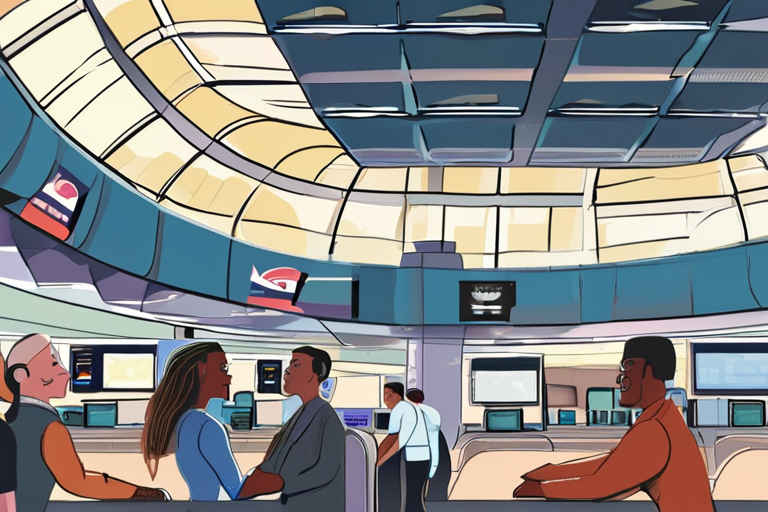








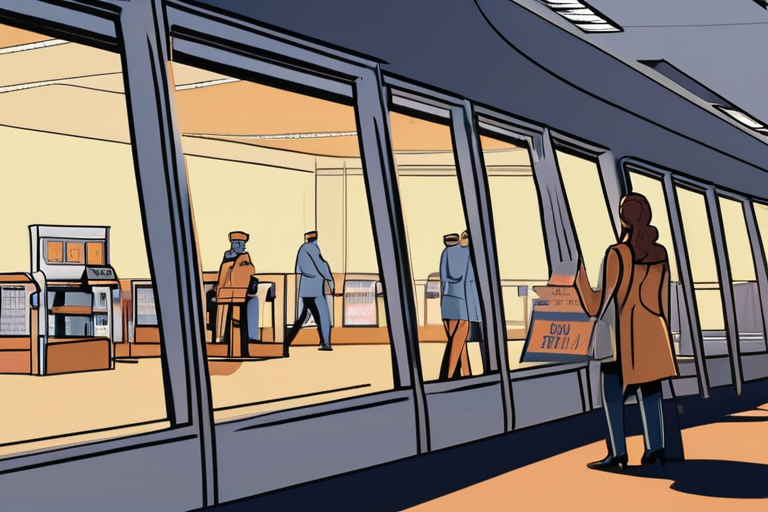


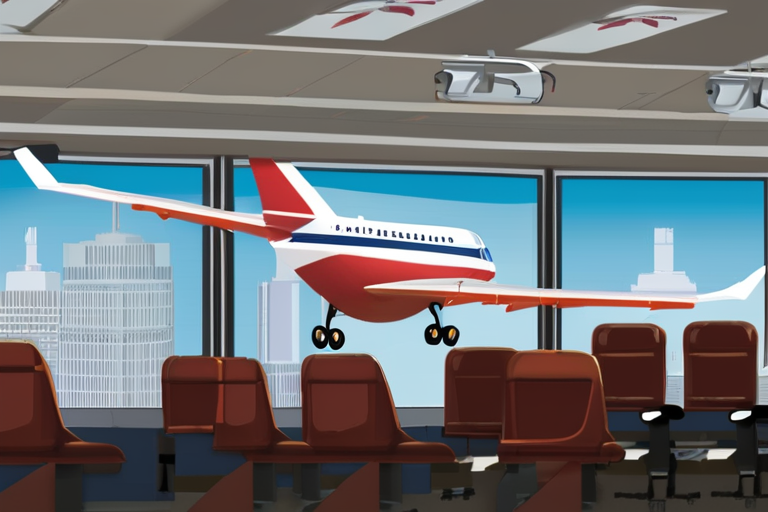


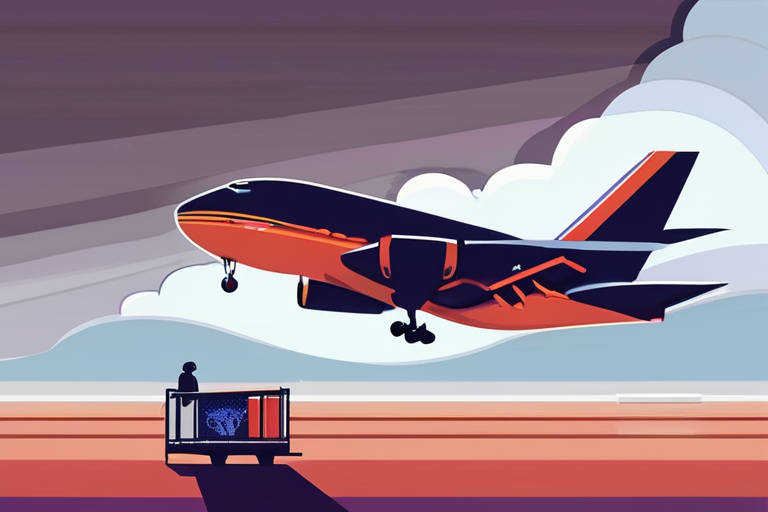



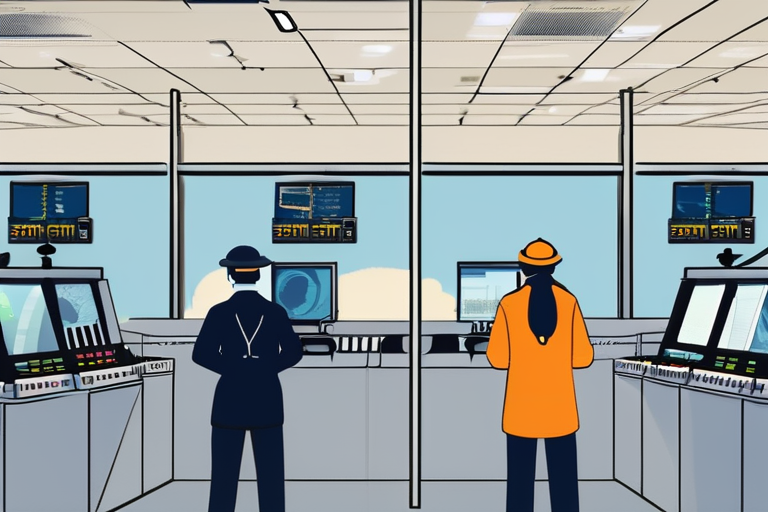
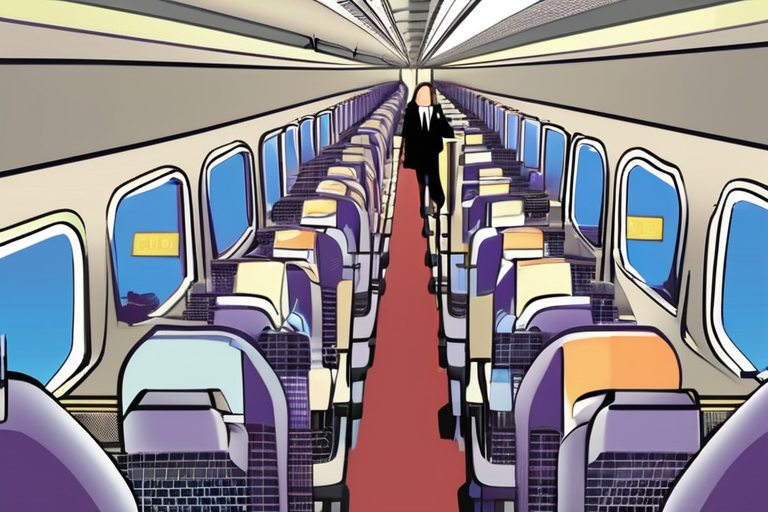




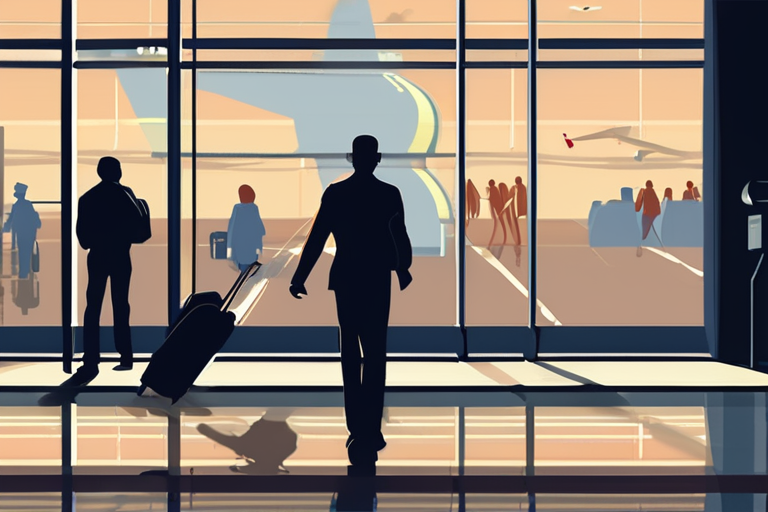

Share & Engage Share
Share this article